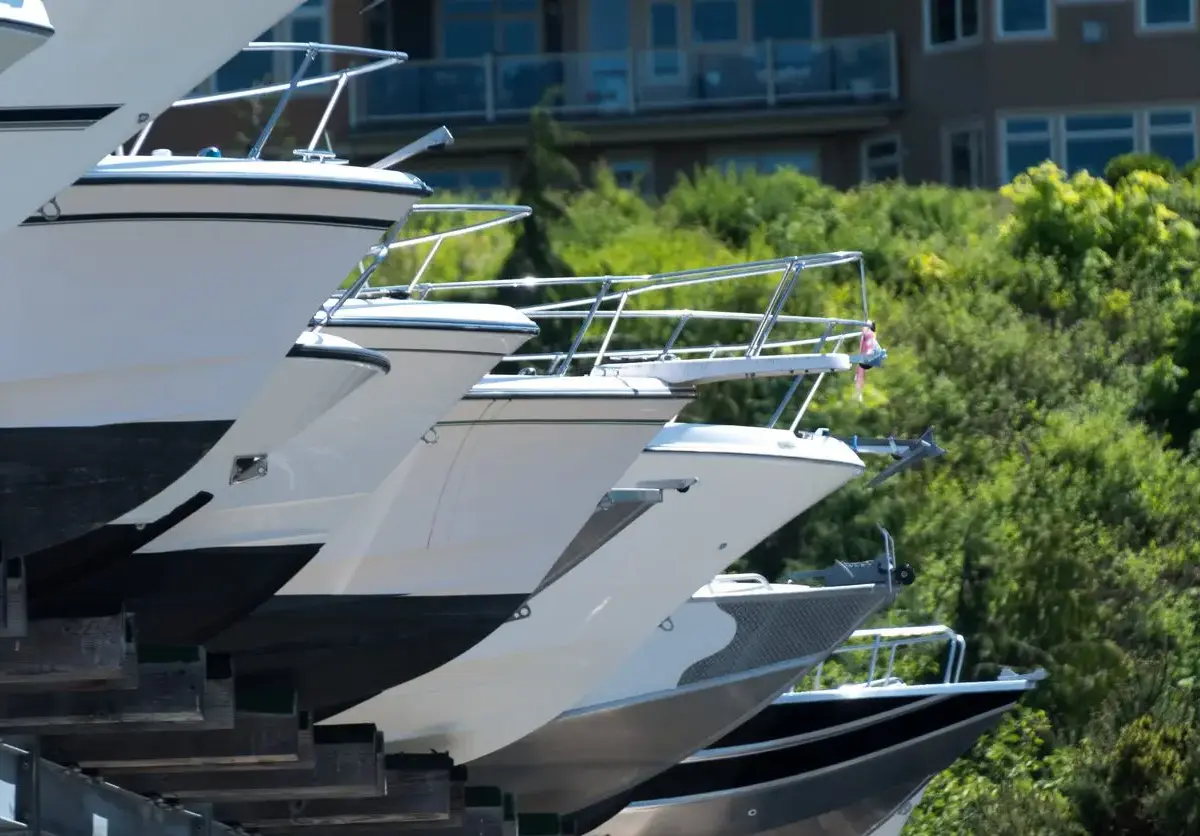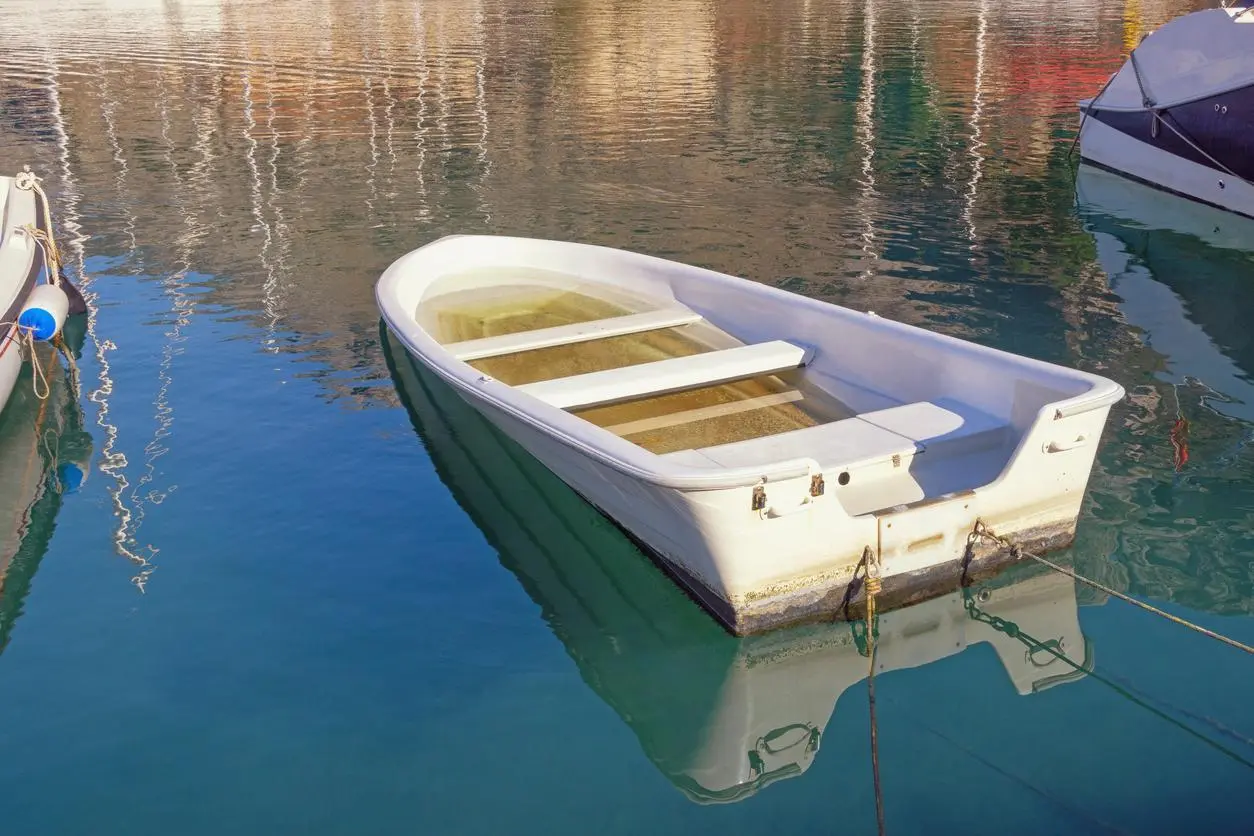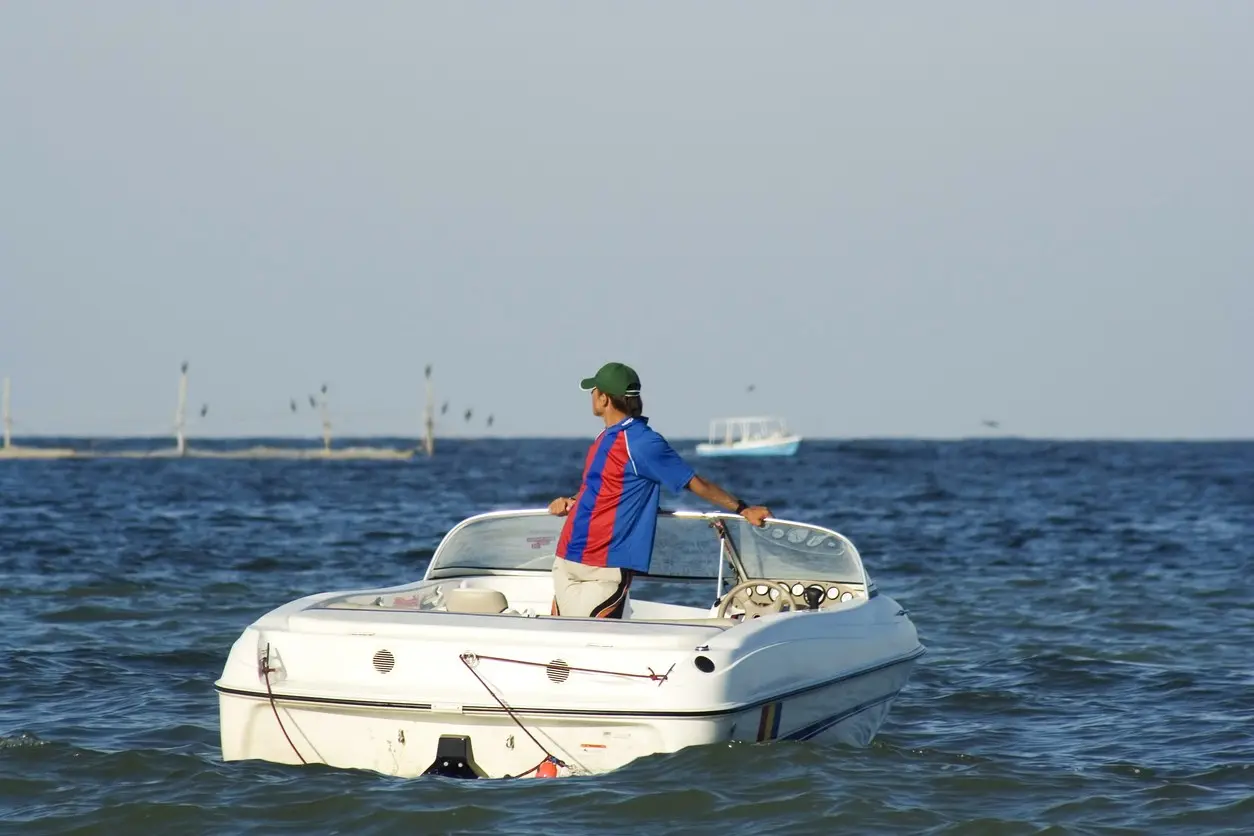Boat Maintenance Tips To Keep Your Vessel in Top Shape in Washington

Boating in Washington is a great way to enjoy beautiful waterways and fun trips all year long, but the state’s changing weather can be tough on your boat. Whether you’re cruising Puget Sound or fishing on Lake Washington, taking care of your boat is important for keeping it in good shape.
From regular cleaning and detailing to using indoor boat storage, covered boat storage, and doing seasonal checkups, this guide will help keep your boat ready for smooth sailing all year.
Understanding the Impact of Washington State Weather on Your Boat
Washington’s mix of rain, humidity, and changing seasons can cause harm to your boat if you don’t take steps to guard it.
Why Washington Weather Requires Special Care
Washington’s frequently wet conditions and temperature changes can cause rust, mold, mildew, and faded paint. And if you boat near the coast, saltwater can wear down the hull and engine even faster. Without regular care, these problems can be expensive and shorten your boat’s life.
Seasonal Maintenance Checklist for Washington Boaters
Before the boating season starts, check your vessel’s hull for cracks or other deterioration, test all electronics and lights, change the engine oil, and make sure fluids are full.
When the season ends, flush and winterize the engine, drain water systems to prevent freezing, store safety gear in heated storage, and cover your boat to shield it from rain, wind, or ice.
Routine Boat Maintenance Tips
If you want your boat to last for a long time, it’s essential to know the best ways to take care of it.
Regular Boat Cleaning and Detailing
Use a high-quality boat cleaner to remove salt, dirt, and grime after every trip. Wash the hull, decks, and upholstery, then apply a wax to shield against sun and water exposure. Boat detailing should also include polishing metal fixtures and deep cleaning the cabin to avoid mold and odors.
Inspecting for Leaks

If you suspect a leak in the boat, it’s better to act quickly than wait until water is up to your ankles. As water can seep through bilges, hatches, and seals, it’s best to check these areas often, especially after a long trip or after being in rough waters. Even the smallest of leaks can grow over time, and ignoring them until the last minute can cause major harm to your boat’s structure and interior.
Boat Motor Repair and Engine Care
Your engine is the heart of your vessel. Perform regular oil changes, check fuel lines for cracks, and replace worn belts or hoses. If you hear unusual noises or experience power loss, consider professional boat motor repair to avoid getting stranded on the water.
Long-Term Care Through Proper Boat Storage
Storing your boat properly helps shield it from bad weather and keeps it in good shape.
Covered Boat Storage vs. Indoor Boat Storage
Covered boat storage shields your boat from direct rain, snow, and harsh sunlight while still letting you get to it easily. This type of vehicle storage is great for reducing weather deterioration, but your boat is still partly exposed to the air and temperature changes.
Indoor boat storage gives even more peace of mind by keeping your boat inside a storage unit as large as 12×54. This keeps it from Washington’s heavy rains and freezing winters, helping your boat stay cleaner, last longer, and need fewer repairs over time. There are even large boat barns available with open-concept storage, meaning even the largest pleasure vessels can be stored safely.
Why Indoor Boat Storage Is Ideal for Washington Winters
Washington winters can be tough on boats, with torrential downpours, extremely cold temperatures, and even some snow. All that moisture can cause rust, mold, and other problems, while chilly weather and sudden temperature changes can harm your boat’s parts. Thankfully, indoor boat storage keeps your boat inside, away from rain, frost, and harsh sunlight.
Safety, Licensing, and Compliance for Washington Boaters
Knowing the rules, having the right license, and keeping safety gear ready helps every Washington boater stay at ease on the water.
Understanding Boater Licenses in Washington

In Washington, most boaters need to take an approved safety class and get a Boater Education Card. This card is like your boating license and is required if you drive a boat with a motor that’s 15 horsepower or more. You can take the course online or in person from approved teachers.
Safety Gear and Emergency Preparedness
Being ready for emergencies is an important part of safe boating. Always keep U.S. Coast Guard-approved life jackets for every passenger, making sure they fit properly and are easy to reach. Have a working fire extinguisher and a fully stocked first aid kit on board for unexpected situations.
Also, carry visual distress signals, like flares or flags, along with sound-producing devices such as a whistle or horn, so you can call for help if needed. A fully charged marine radio is also important to have for staying in contact during emergencies. Check all your safety gear regularly to make sure everything is in good condition and ready to use.
When To Call in the Pros for Boat Repair
Sometimes boat problems are too big to fix yourself, and that’s when it’s best to call a professional for assistance.
Signs You Need Professional Boat Detailing
If your boat’s outer surface appears dull due to oxidation, the seats or cushions have stubborn stains, or the metal parts are beginning to rust, these are the top signs indicating it might be time for professional detailing.
Experts have special tools and products that can clean and polish your boat better than most DIY methods. This deep cleaning not only makes your boat look like new again but also helps prevent future deterioration from sun, water, and weather.
Knowing When To Seek Expert Boat Motor Repair
If your boat’s engine overheats, shakes with unusual vibrations, or is hard to start, it’s a clear sign that a bigger problem may be inside. Trying to fix it yourself might make it worse or even be unsafe. Thankfully, certified marine mechanics know how to find and repair these issues.
Keep Your Vessel Ready for Adventure Year-Round With Glacier West Self Storage
At Glacier West Self Storage, we know Washington’s weather can be tough on boats. That’s why we offer covered boat storage and indoor boat storage to keep your vessel clean and ready for your next adventure.
With easy-to-reach locations, security measures, and flexible month-to-month rentals, we help you store your boat all year. Contact us online today to find the best storage option for you.